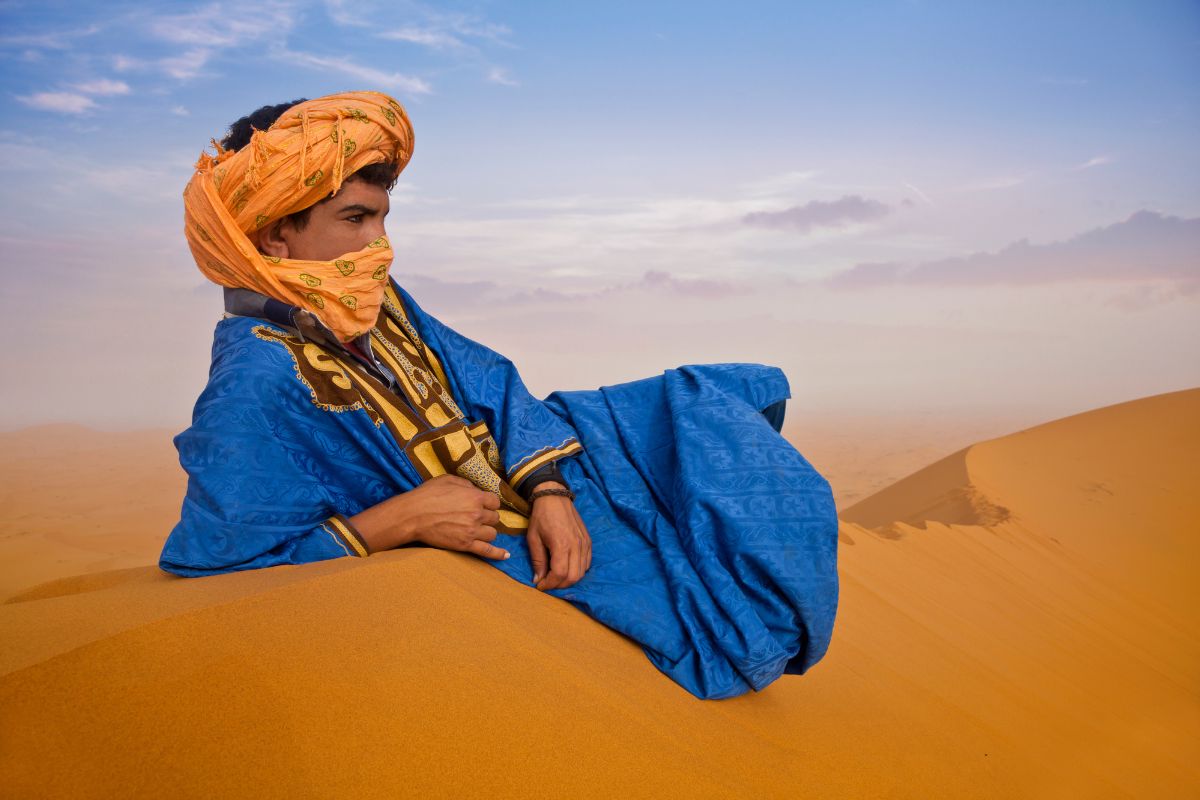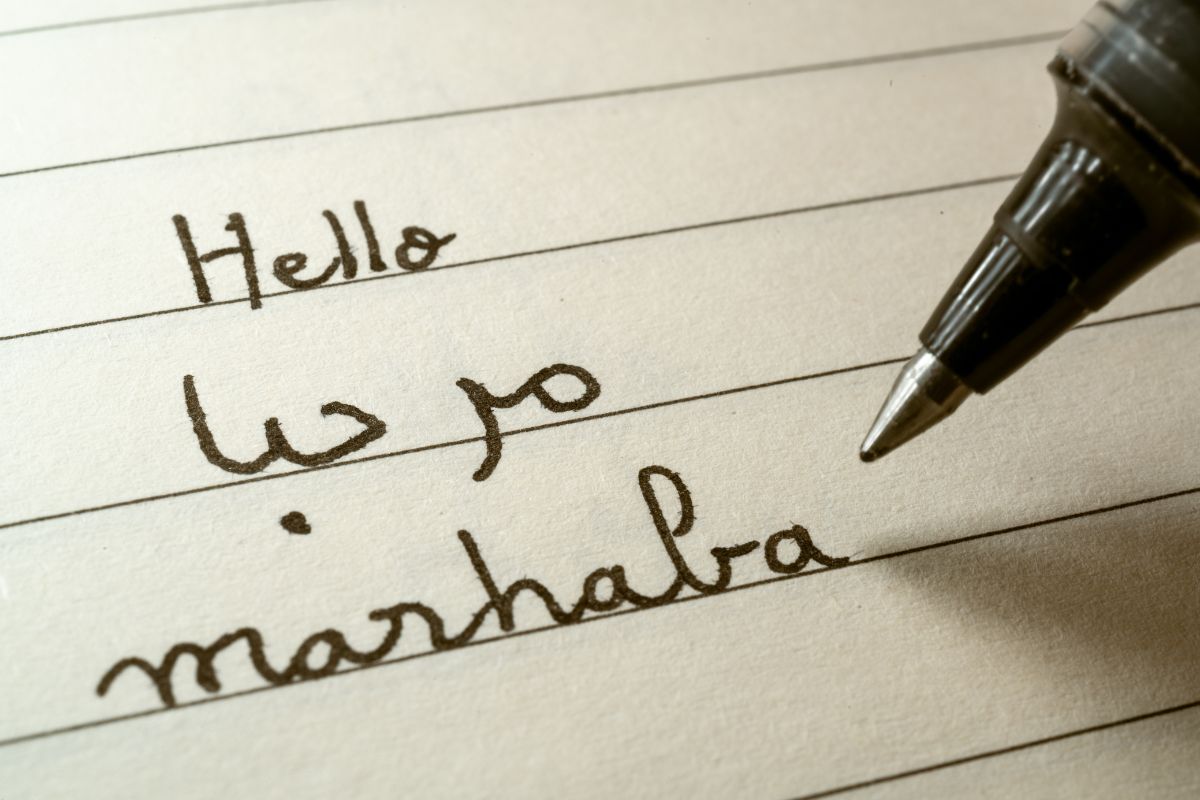Visiting Morocco During Ramadan, a land known for its vibrant culture, rich history, and breathtaking landscapes, beckons travelers year-round. However, if you’re planning a trip to this North African gem during the holy month of Ramadan, there are some important dos and don’ts to keep in mind to ensure a respectful and enjoyable experience.
Visiting Morocco During Ramadan | Travel Tips and Cultural Insights
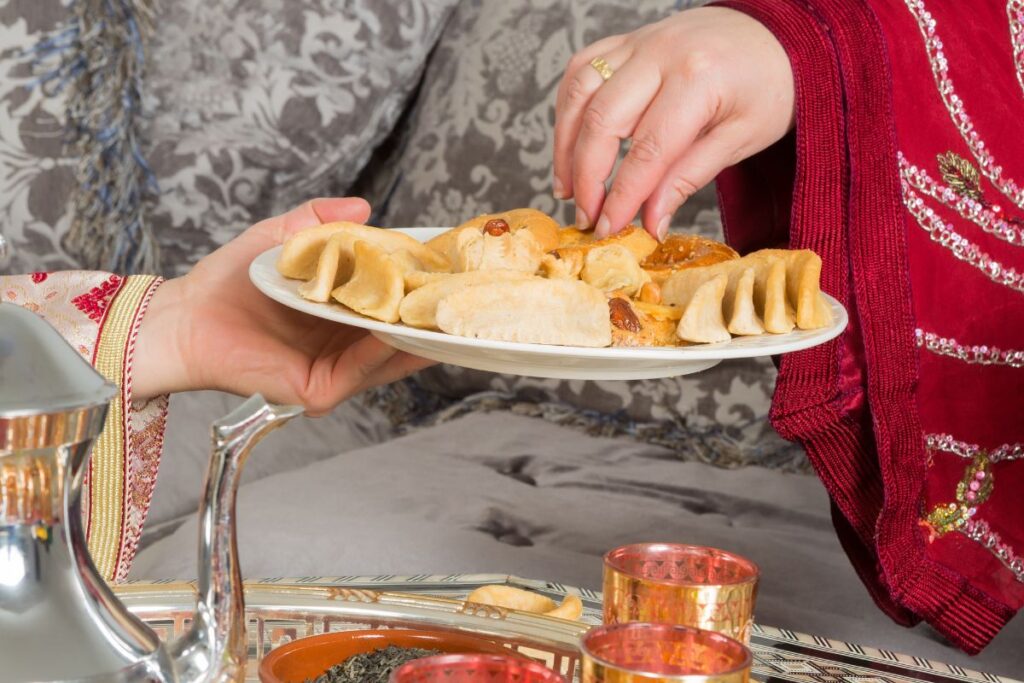
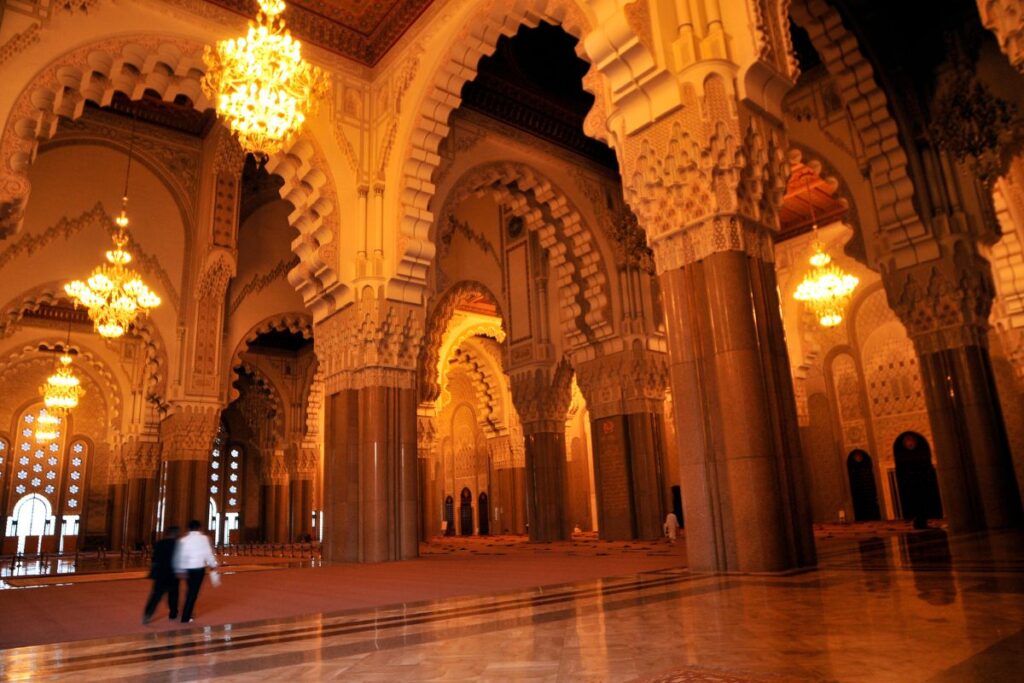
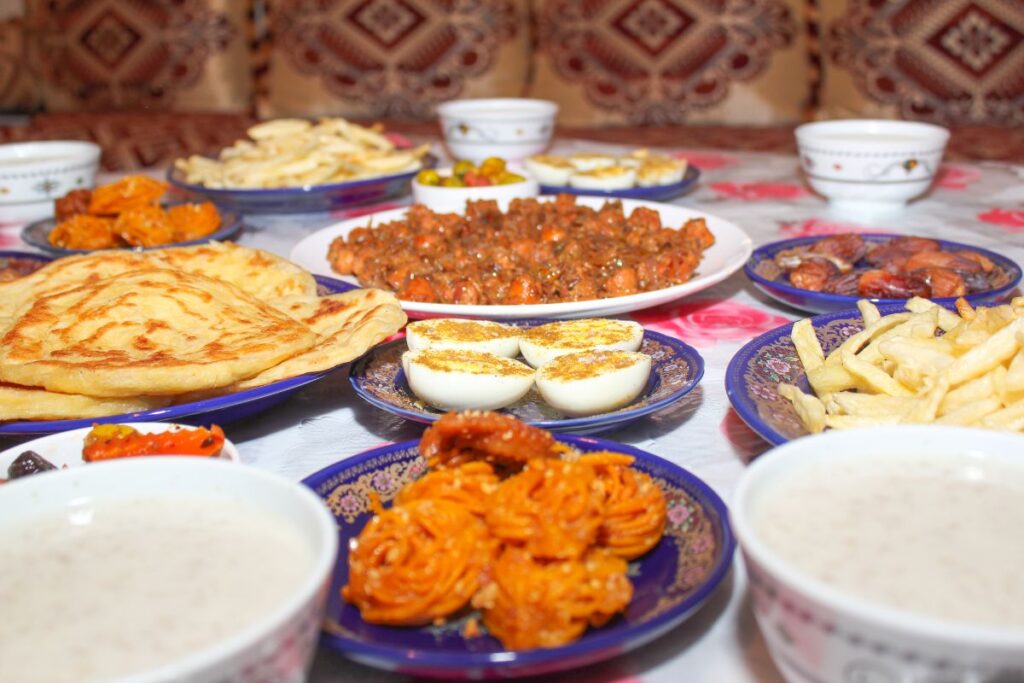
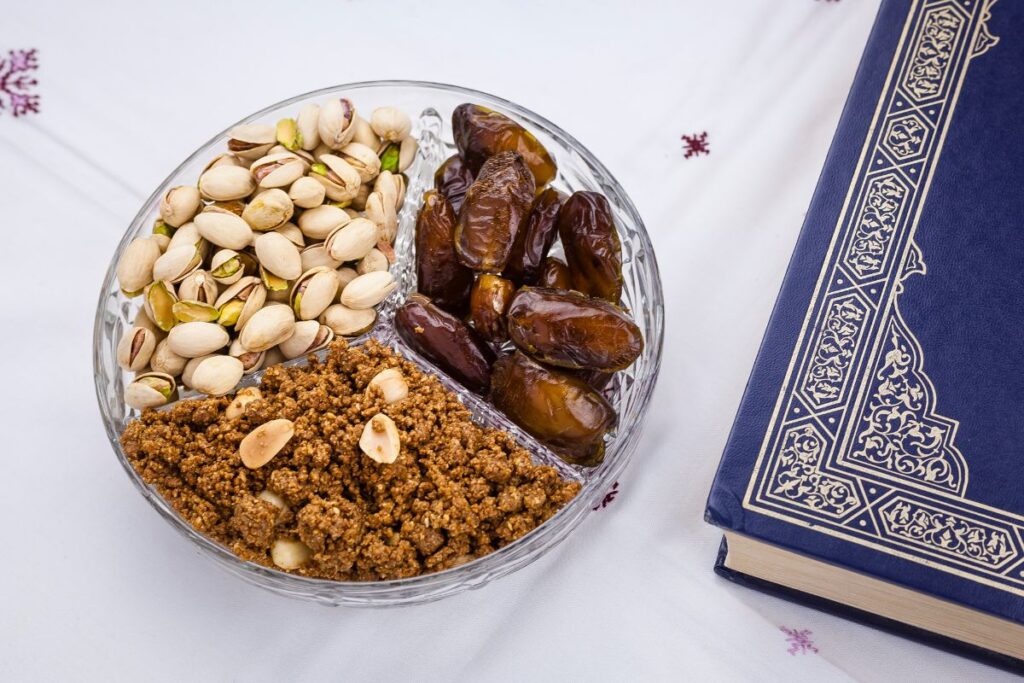
Understanding Ramadan in Morocco
Ramadan is the ninth month of the Islamic lunar calendar and is considered the holiest month for Muslims worldwide. It is a time of fasting, prayer, reflection, and community for Muslims, commemorating the month during which the Quran, the holy book of Islam, was first revealed to the Prophet Muhammad.
In Morocco, as in many Muslim-majority countries, Ramadan holds great significance. The majority of Moroccans observe the fast, refraining from food, drink, and other physical needs from sunrise (Fajr) until sunset (Maghrib). The exact dates of Ramadan vary each year based on the lunar calendar, so it’s essential to check the dates before planning your trip.
When Visiting Morocco During Ramadan, you have to:
- Respect Local Customs: It’s crucial to respect and acknowledge the significance of Ramadan to Moroccans. Be mindful of their fasting schedule and cultural traditions.
- Dress Modestly: While Morocco is generally more liberal in terms of clothing compared to some other Islamic countries, it’s respectful to dress modestly during Ramadan, especially in more conservative areas.
- Plan Your Meals: Many restaurants and cafes are closed during daylight hours. However, some hotels and a few local eateries may discreetly offer meals to non-fasting travelers. Plan your meals accordingly to avoid inconveniences.
- Learn Basic Arabic Phrases: Learning simple Arabic phrases, such as greetings and expressions of gratitude, can go a long way in showing respect to the local culture.
- Join the Iftar: If you’re invited to join a Moroccan family for iftar, the evening meal that breaks the fast, consider it a privilege. It’s a wonderful opportunity to learn about Moroccan traditions and share a meal with locals.
- Explore the Night Markets: While the days may be quieter, the evenings come alive during Ramadan. Night markets (known as “ftour” markets) offer a fantastic array of food and sweets, making it a unique culinary experience.
- Participate in Charity: Many Moroccans engage in charitable activities during Ramadan. Consider participating in local charity events or making a donation to a local cause.
When Visiting Morocco During Ramadan, you can’t:
- Public Eating and Drinking: It is considered disrespectful to eat, drink, or smoke in public during fasting hours. Respect the local customs by refraining from these activities in public spaces.
- Excessive PDA: Public displays of affection should be avoided, especially during Ramadan when conservative values are more pronounced.
- Loud Music and Parties: Morocco’s vibrant nightlife takes a backseat during Ramadan. Loud music and parties are discouraged, and some venues may be closed or have limited hours.
- Avoid Critical Comments: It’s important not to criticize or question the fasting practice, even if you have different beliefs. Engage in conversations with respect and an open mind.
- Plan Activities Carefully: While many tourist attractions remain open, some may have altered hours. Plan your activities and visits accordingly, and check with local authorities or tour guides for any schedule changes.
- Be Mindful of Personal Space: Crowds can be more substantial during Ramadan due to evening gatherings and prayers at mosques. Be patient and respectful of personal space.
- Alcohol Consumption: Alcohol is not readily available in public during Ramadan, and it’s respectful not to consume it openly. Save your alcoholic beverages for private spaces.
Visiting Morocco during Ramadan can be a deeply enriching experience, allowing travelers to gain insight into the country’s culture and traditions. By following these dos and don’ts, you’ll be well-prepared to navigate this holy month respectfully and make the most of your Moroccan adventure.
Secure Your Adventure: Book Now for the Ultimate Moroccan Tour!
Book now and start the best tour with us! Discover the wonders of Morocco with our expertly crafted itineraries, tailored to provide an unforgettable experience. From breathtaking landscapes to rich cultural heritage, our tours offer the perfect blend of adventure and relaxation. Don’t wait – secure your spot today and embark on the journey of a lifetime!
